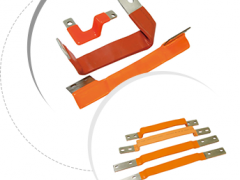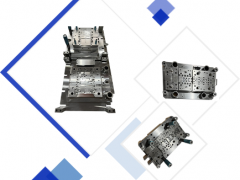Precision parts machining is a widely used manufacturing technology that plays a vital role in many fields, including medical equipment, automobile manufacturing, aerospace, electronics and so on. Tianjin experts pointed out that the importance of high-precision parts in medical equipment can not be ignored, they have a very high degree of accuracy and dimensional stability, after precision machining and testing of these parts can be applied to surgical instruments, medical imaging equipment, artificial organs and implants and other medical equipment, directly affecting the performance and reliability of the equipment.
In the automobile manufacturing industry, precision parts processing is particularly critical, precision casting technology is widely used in the automotive industry chain to provide cylinder blocks, pipes and other spare parts, accounting for about 20% of the spare parts in automobile manufacturing. With the development of the domestic automobile industry, the precision casting industry is also expanding.
In the aerospace field, precision parts machining is used to manufacture key components for airplanes, rockets and other equipment, such as engine blades and turbine blades. These parts need to have extremely high precision and strength to ensure the safety and reliability of the equipment.
In the field of electronic products, precision parts machining is used in the manufacture of cell phones, computers, televisions and other equipment key components, such as chips, sensors, displays and so on. These parts need to have extremely high precision and stability to ensure the performance and reliability of the equipment.
Overall, precision parts machining plays an important role in various fields, which can improve the accuracy, stability and reliability of products, thus improving the quality and competitiveness of products. Precision parts machining usually involves knowledge and technology from a variety of fields such as machining, mechanical engineering, control engineering, and materials science. In the machining process, high-precision machine tools and cutting tools are required to ensure the accuracy and surface quality of the parts. In mechanical manufacturing, high-precision measuring instruments and testing equipment need to be used to ensure that the size and shape of the parts meet the design requirements. In control engineering, the use of advanced control technology is required to ensure the stability and precision of the machining process. In material science, high-performance materials need to be used to ensure the strength and durability of the parts.
With the continuous progress of science and technology, precision parts machining technology is also constantly developing and innovating. For example, the emergence of new processing technologies such as 3D printing technology, laser processing technology, and nano-processing technology provides more options and possibilities for precision parts processing. These new processing technologies have the advantages of higher precision, faster speed, lower cost, etc., which can better meet the needs of the modern manufacturing industry.
In short, precision parts machining is a widely used, high-tech manufacturing technology, which plays an important role in various fields. With the continuous progress of science and technology, precision parts machining technology is also constantly developing and innovating, providing more possibilities for the development of modern manufacturing industry.


